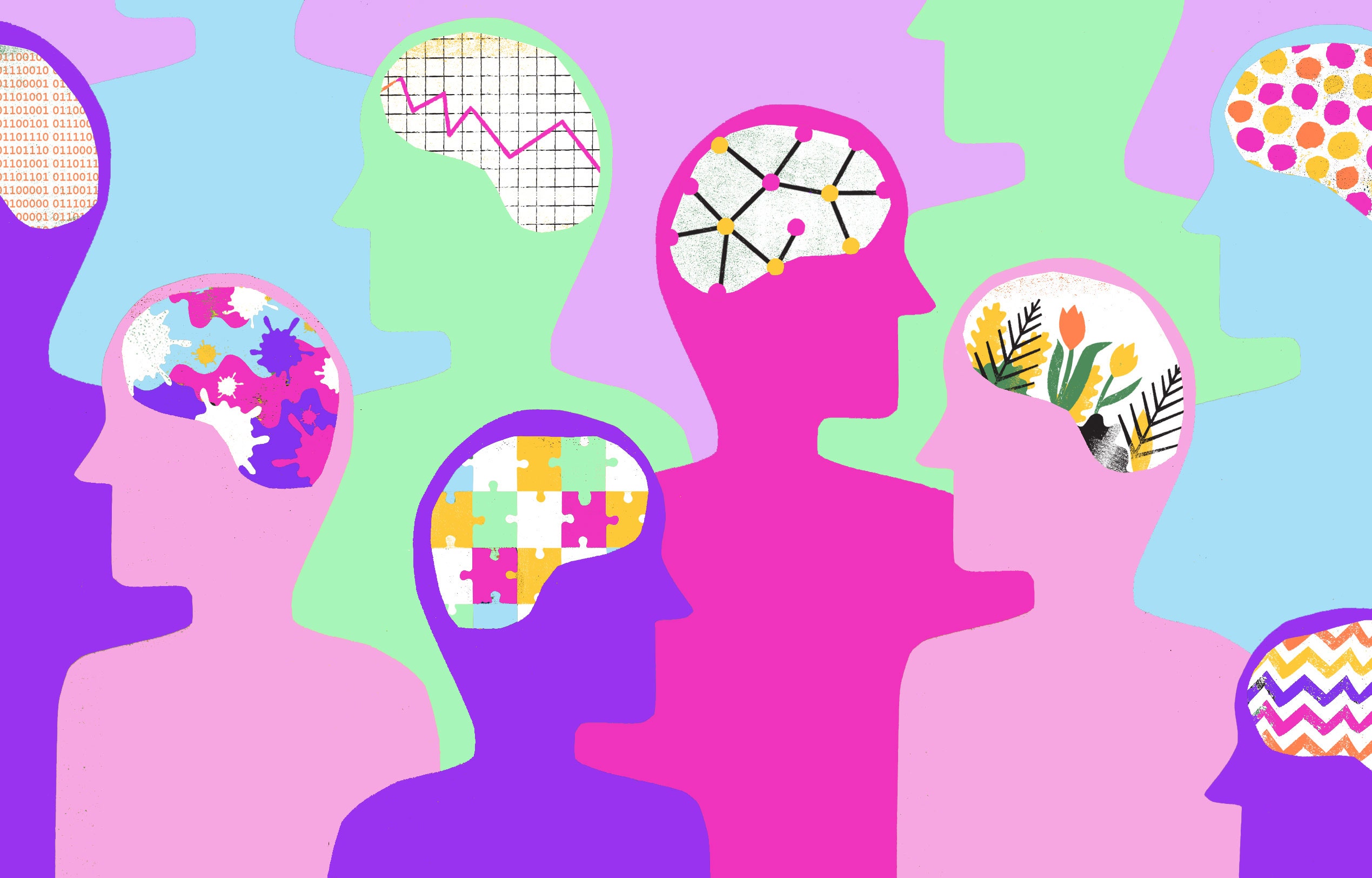

We are now in the midst of a globalized pandemic, which is pretty much new for all of us. That's why every day we find ourselves feeling exhausted by trying to make it to the end of it. We can't change that COVID-19 has arrived and our lives have changed dramatically, that's a fact we must cope with. What we can do is to put our effort into what we can change, such as how we perceive quarantine, and what impacts the most in our health.
This situation, a sanitary and economical crisis, threatens our physical and mental health to the same extent. We are not used to talking about our mental health but sometimes it’s even more important than our physical one! Some of the risks that COVID-19 and the lockdown carry are: you’re more likely to feel depressed, anxious, abuse substances, having sleeping problems, and social withdrawal.
First things first: Accept the outer context
We need to remember that we are in a crisis so our first goal is to survive! We need to call it by its name, we are not on holidays, we are not in personal growth time. We are in crisis. The main attitude we need to train is acceptance, there is little we can do to change the global situation, so we need to accept it as it is. You may not like it, you may say that your government is not taking the best actions, you may think it’s unfair, (I think that too), but we can do nothing to change it.
Tips & habits to healthy overcome the lockdown
Although we can’t do much to change the entire situation, there are some things that we can do in our lives. So next, we are giving you some recommendations to put up with this coronavirus situation:
Time-box complaining time
Don’t be complaining about everything the entire day. That’s exhausting for you and for the people living with you. A solution for this is to save 15 minutes a day for complaining. So, instead of being the whole day crying and grumbling, you have your “15-minute complaining time”.
Keep in touch with family and friends
The lockdown or social distancing exhorts us to stay at home and avoid social gatherings. This doesn’t mean that we have to be alone, we have lots of tools that help us get in touch with our friends and families, so use them! Call them to have dinner, call them to play games, call them to know how they are coping with loneliness too. There’s no need for you to feel alone.
Avoid fake and negative news
Don’t waste your time reading fake news or extremely negative information. Not all news is useful to keep us informed, some of them just make us anxious or sad. Remain with the official media, and don’t be “overinformed”.
Find a motivation to stay at home
Find meaning in what’s happening. Ask yourself: Why am I staying at home? Which is my main motivation? Why are the other people staying at home? Transform this experience into something meaningful and positive. There are a lot of good reasons to stay at home, such as taking care of the elderly, preventing the virus from spreading too fast, and supporting the health care personnel...
When the time comes to leave quarantine: Do it at the right pace
There is another thing that we should take into consideration. Some countries are leaving the lockdown behind and they are starting to go out again. If this is your case, stay as calm as you can. There is no need to rush, it’s not the time to make up for lost time, it’s time to recover and to adapt to the new normal.
You may want to go out and see all the people you couldn’t see for a while, but it’s important for you to be progressive. Go out and see people as long as you feel comfortable. Don’t make risky decisions, take care of yourself, and of the people around you. Wash your hands, keep social distancing, and if you have COVID-19 symptoms you should stay at home.
Be responsible & don't feel guilty
Last but not least, remember that we have a responsibility towards our society to do the best we can, but the virus is nobody’s fault. So don’t feel guilty if you go to visit someone and they suddenly get sick, don’t feel guilty if you go out and things get bad in your country. Be responsible but don’t feel guilty if things don't go as we wish.
Also, remember that there are a lot of mental health professionals willing to help you if you need it! So don't hesitate to ask for help if necessary!

